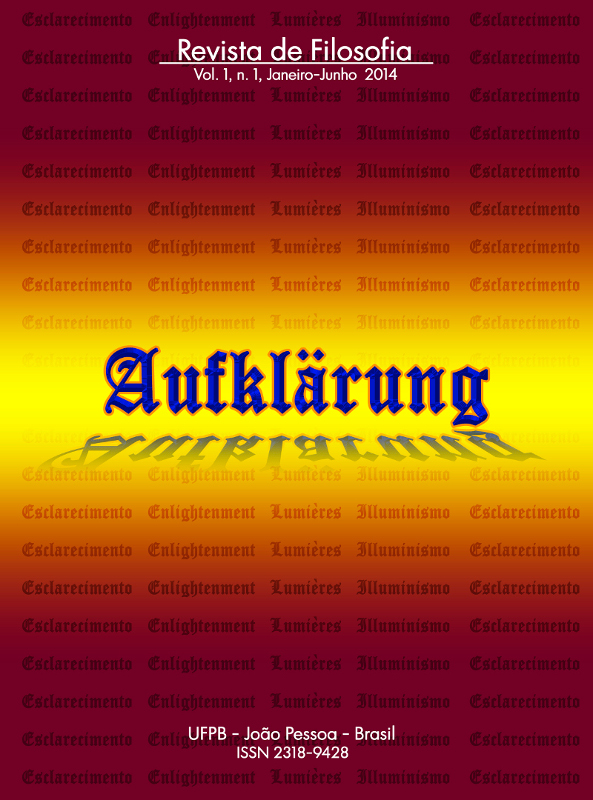The End Of The Art, The Tedium And Misery Of Everyday Life: Guy Debord’s Work: An Essential Place From The Critical Point Of View Of Our Times
DOI:
https://doi.org/10.18012/arf.2016.18343Keywords:
art, capitalism, Guy Debord, modernity, revolutionAbstract
Satisfying the demand of questioning the contemporary condition implies, first of all, a criticism of present times. From this point of view, it becomes clear that art and revolution whilst practices of creative disruption are undoubtedly in crisis. Hence, it is imperative to re-read Guy Debord, who not only refused the aestheticization of politics (the hysterical attitude of fascists), but also the politicization of aesthetics (Stalinism’s totalitarian obsession). For the hermeneutics of contemporary, his work is, of course, essential. Proving it is, in short, the purpose of this paper.Downloads
References
BAUDELAIRE, Charles (1863) — O Pintor da Vida Moderna. 5.ª edição. Trad. de Teresa Cruz. Lisboa: Vega, 2009.
DEBORD, Guy (2006) — Œuvres. Édition établie et annotée par Jean Louis Rançon en collaboration avec Alice Debord. Préface et introduction de Vincent Kaufmann. Paris: Gallimard.
HABERMAS, Jürgen (19852) — O Discurso Filosófico da Modernidade. Trad. de Ana Maria Bernardo et al. Revisão científica de António Marques. Lisboa: Publicações Dom Quixote, 1990.
LYOTARD, Jean François (1979) — A Condição Pós moderna. 2.ª edição. Trad. de José Navarro (revista e apresentada por José Bragança de Miranda). Lisboa: Gradiva, 1989.
RANCIÈRE, Jacques (2000) — Le Partage du Sensible: Esthétique et Politique. Paris: La Fabrique éditions.
Additional Files
Published
How to Cite
Issue
Section
License
Journal general policy
1.This journal works under a Creative Commons License aplied to online journals. That icence can be read in the following link: Creative Commons Attribution 4.0 International (CC BY 4.0).
2.Accordingly to this License, a)the journal declares that authors hold the copyright of their articles without restrictions, and they can archieve them as post-print elsewhere. b)the journal allow the author(s) to retain publishing rights without restrictions.
Metadata Policy for information describing items in the repository
1. Anyone may access the metadata free of charge at anytime.
2.The metadata may be re-used in any medium without prior permission, even commercial purposes provided the OAI Identifier or a link to the original metadata record are given, under the terms of a CC BY license refered for the Journal.







































